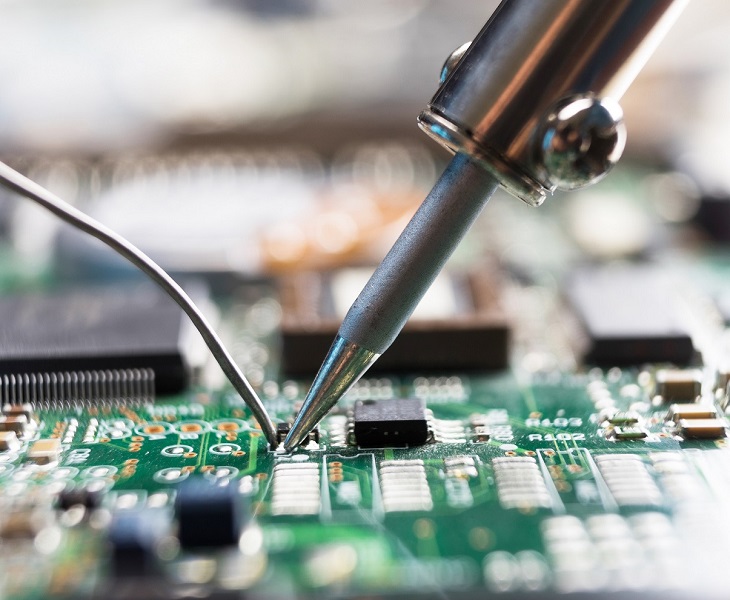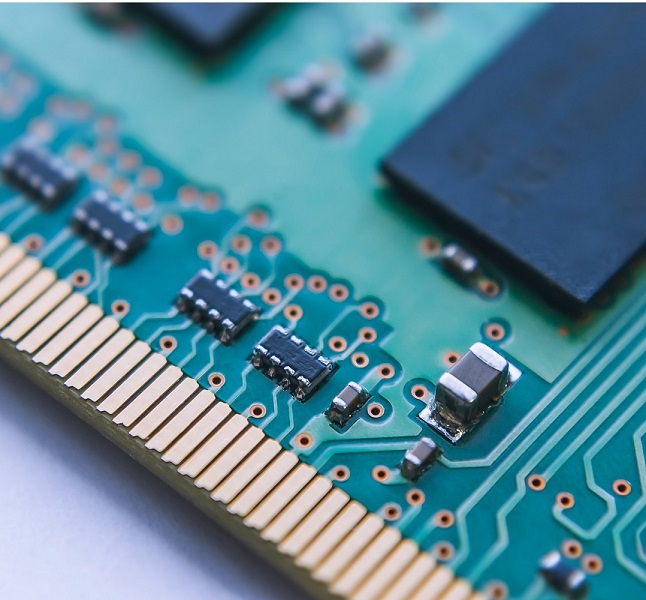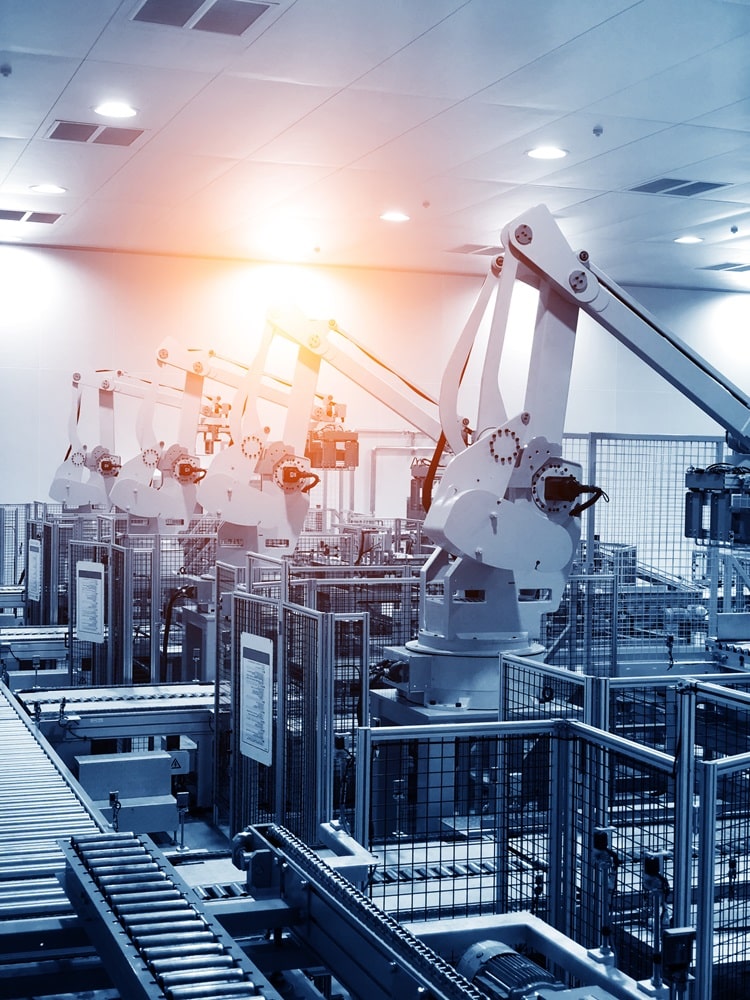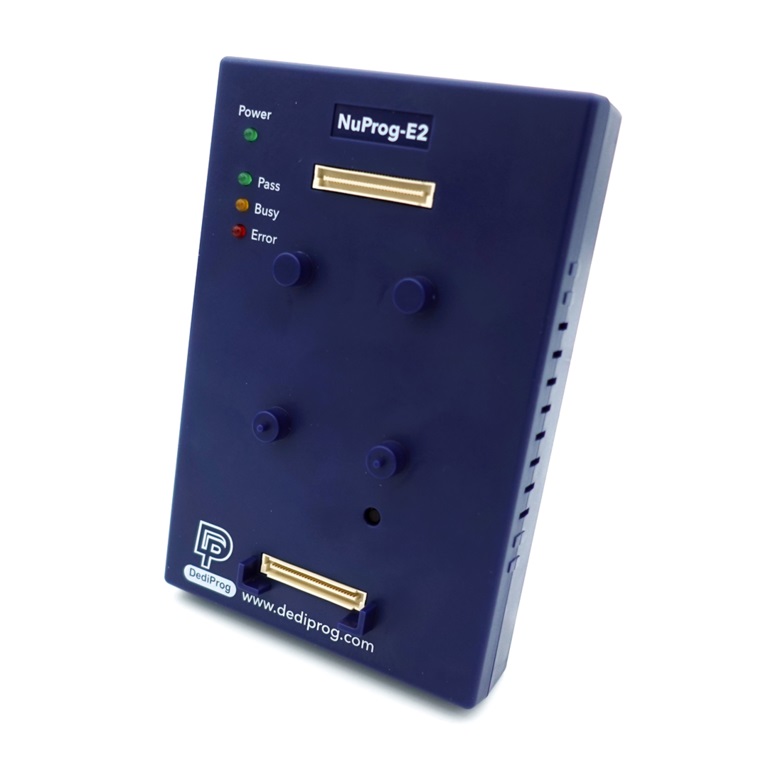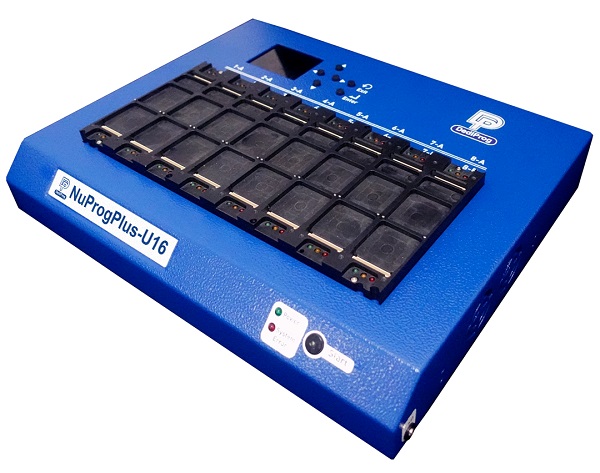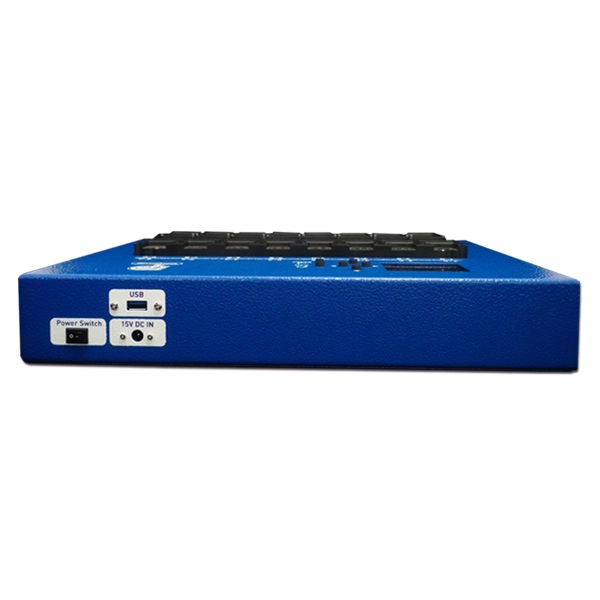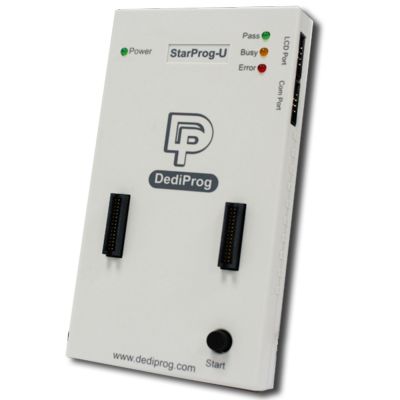
Storage technologies in the automotive sector
Storage in the automotive sector
Electronic memories are required in every electronic system. The automotive sector is no exception. Whether RAM for volatile data storage, flashes for program codes of a microcontroller or mass storage devices such as UFS, they are all needed to provide today's features and functions in a modern car.
Special features of data storage systems in the automotive sector
In order to address customers from the industrial electronics or automotive sectors, semiconductor manufacturers have to adapt their products to the requirements customary in the respective industry. A striking example of the higher requirements in industry and automotive engineering is the extended temperature range of -40 ° C to +85 ° C or even -40 ° C to +105 ° C. A major challenge for semiconductor manufacturers also arises from the product life cycles that are common in industry and automotive engineering. Industrial electronics and automobiles are produced much longer than e.g. semiconductor ICs for smartphones. Even after production has ended, the systems will continue to be used in industry for many years so that spare parts must be available for maintenance and repair.
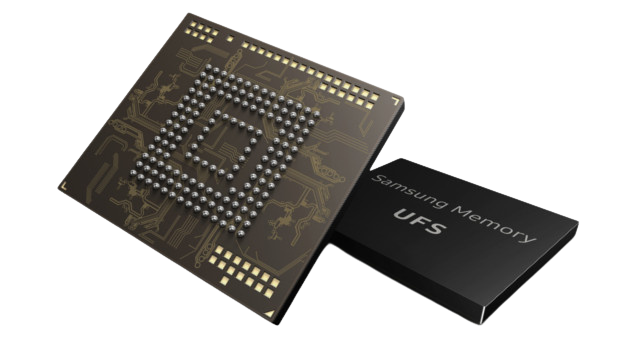
Examples of memory ICs in the automotive sector
Samsung, as one of the largest manufacturers of memory technologies, has its own production line especially for the manufacture of memory chips for the automotive sector. The product range is comprehensive: DDR2, DDR3 and LPDDR4 with memory capacities from 512 MB to 24 GB in FBGA (Fine Pitch Ball Grid Array) housing for temperature ranges Grade 2 (-40 ° C to +105 ° C) and Grade 3 (- 40 ° C to +95 ° C) - and flash memory - as eMMC (embedded multimedia card) with storage capacities from 8 GB to 64 GB and as UFS (universal flash storage) with 64 GB and 128 GB, also in an FBGA Housing and in versions corresponding to Grade 2 (–40 ° C to +105 ° C) or Grade 3 (–40 ° C to +85 ° C).
Autonomous driving: trigger for the storage revolution
The large number of sensors that are required for autonomous driving generate an impressive amount of data that can be stored and processed very quickly and that quick access must be ensured. In the course of the development from L2 to L5, the data generation rate will increase tenfold, according to Yole's estimate, from 1 GByte per second to 10 GByte per second. For example, each autonomous vehicle could generate an average of up to 4000 GB per day. Since it is not possible to transmit all new data to the network (also due to the requirements for speed and security), massive internal storage is required.
Autonomous vehicles are radically changing the storage requirements in vehicles. A significant increase in the average NAND content in vehicles is expected by 2024, which could exceed 300 GB per vehicle with a CAGR18-24 of around 79 percent. At the same time, the DRAM content per vehicle with a CAGR18-24 of around 42 percent will increase from 3.2 GB per vehicle today to almost 20 GB per vehicle.
Programming and test tools for automotive memory
Since memories for the automotive sector have to meet special requirements, it is particularly important here to examine designs for reliability with regard to safety aspects.
Produkt abgekündigt



